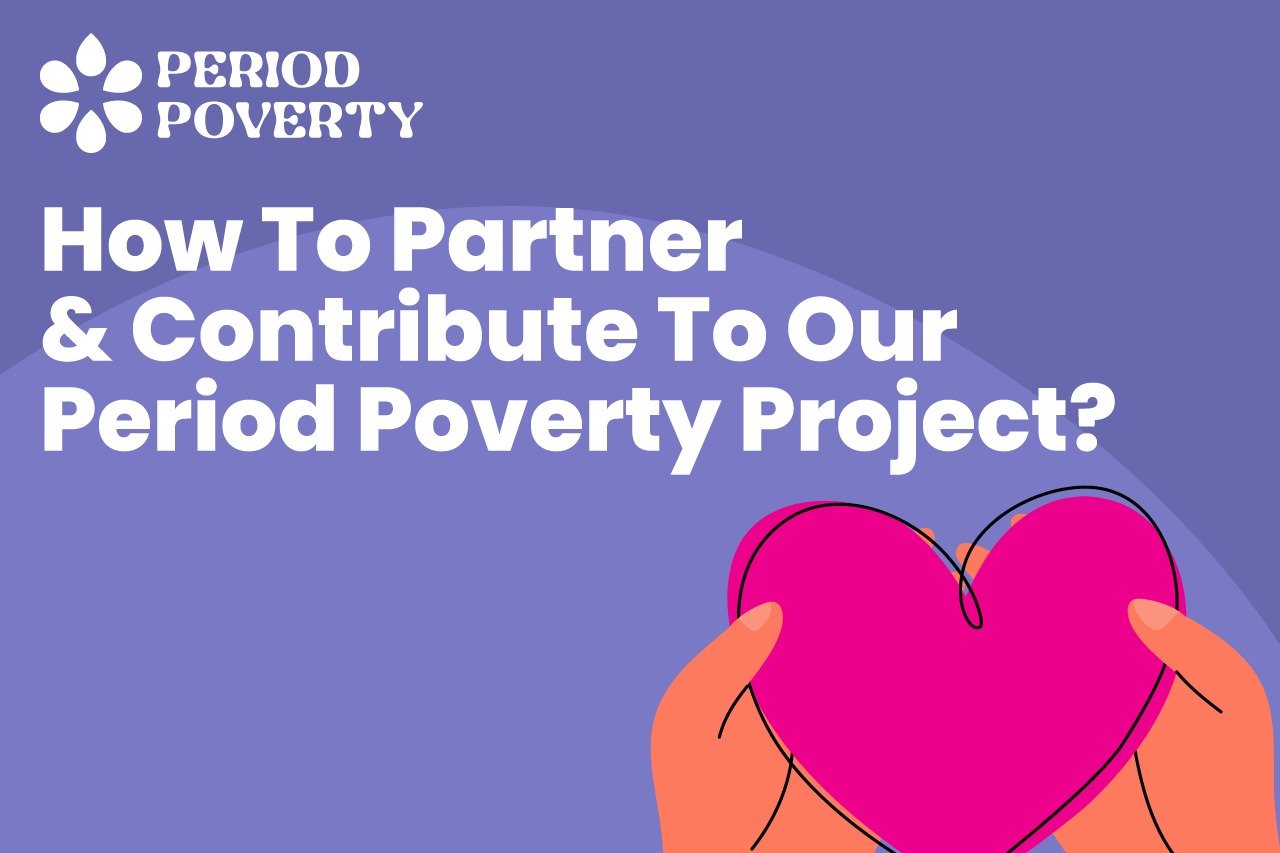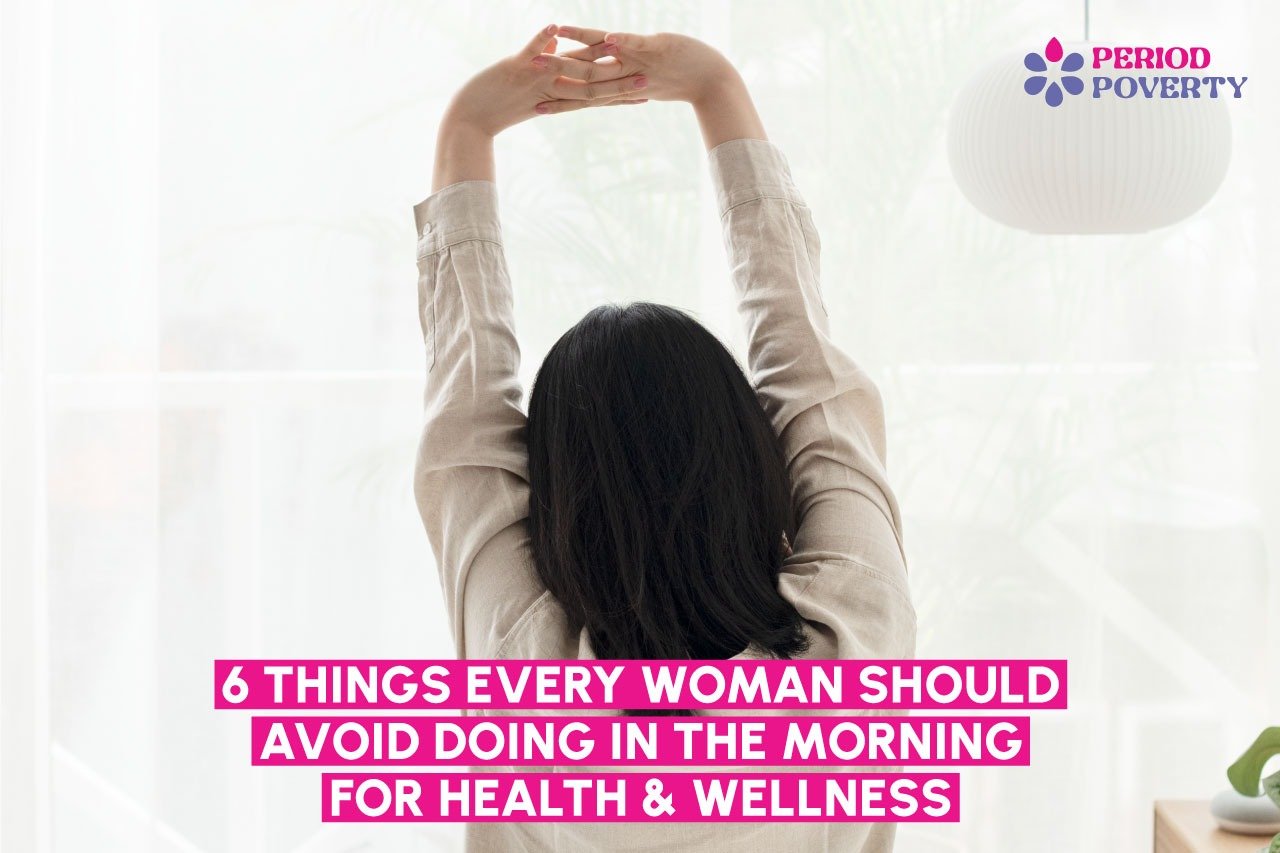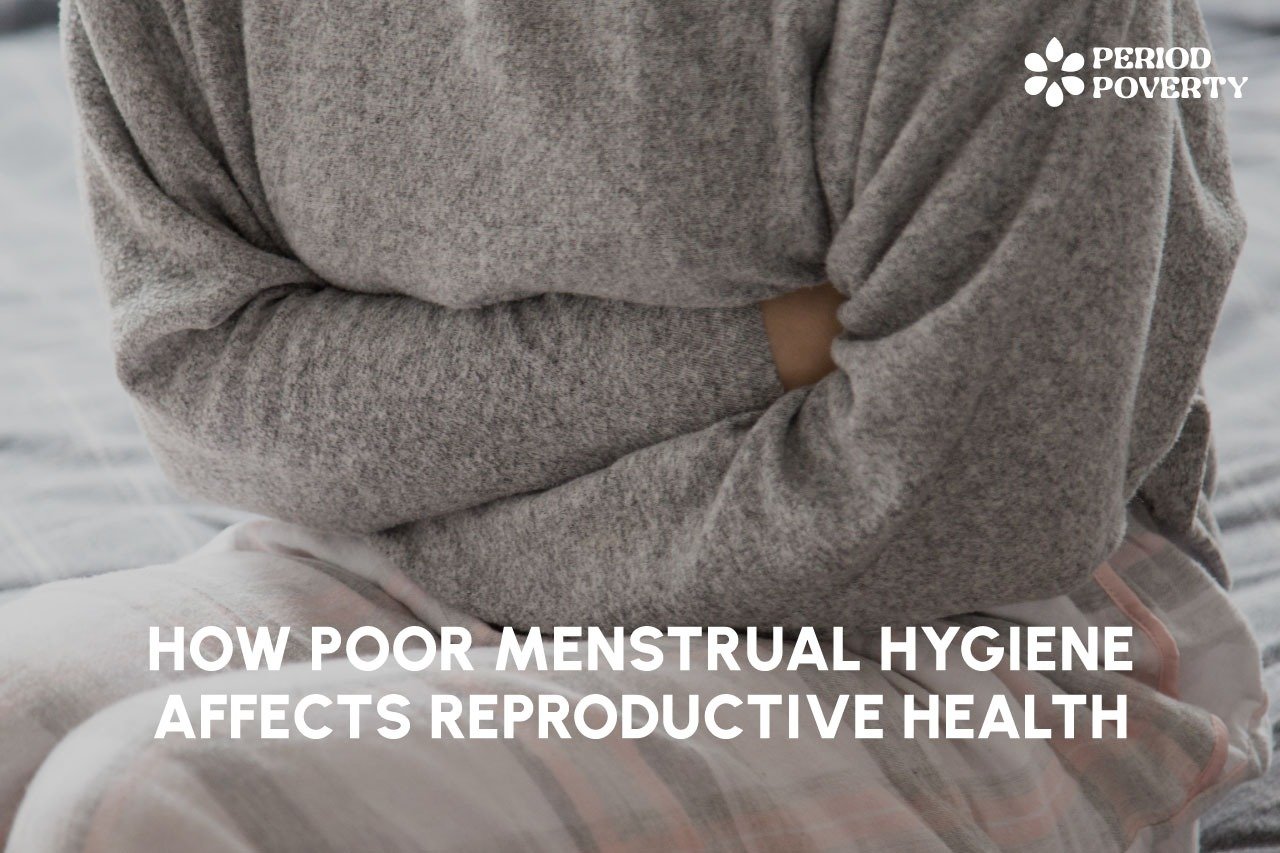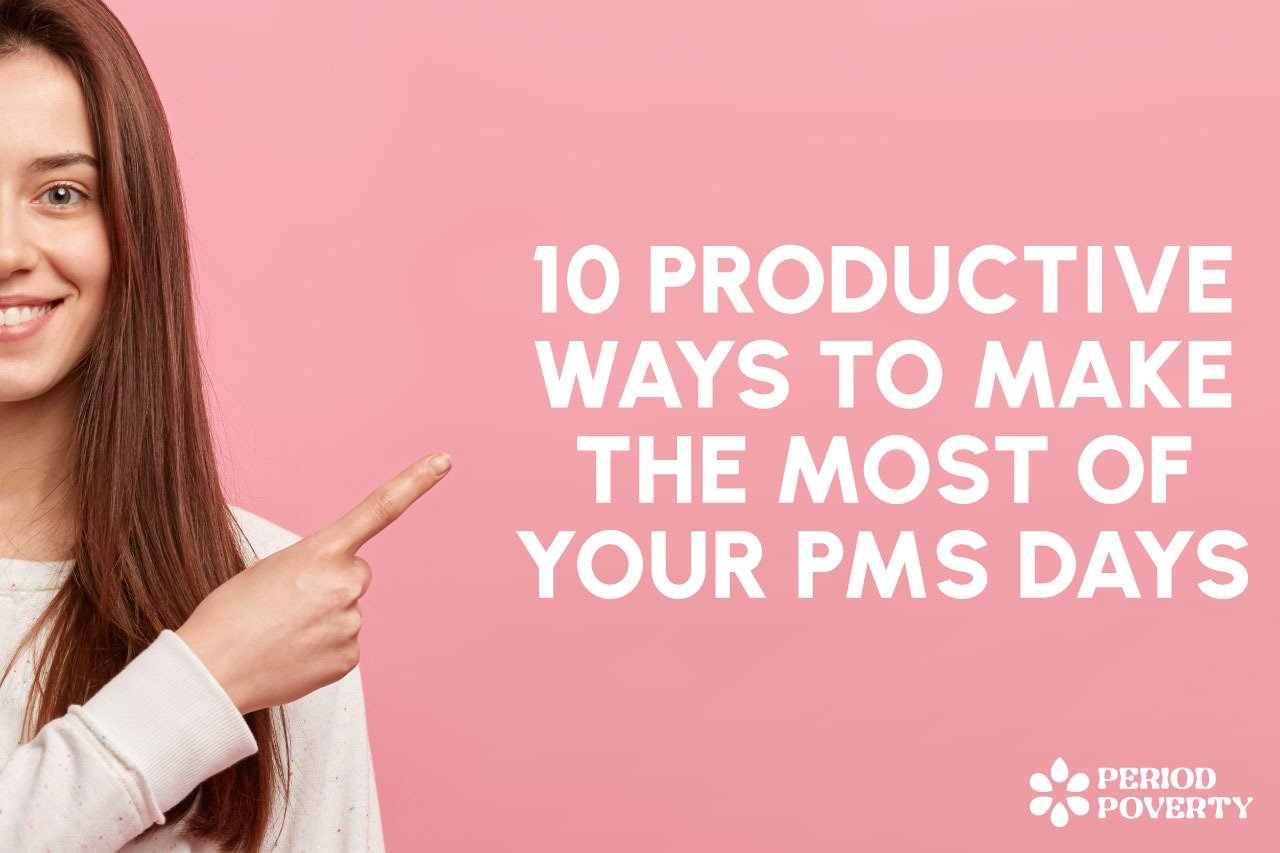In South Asia, many young and old, educated and uneducated, wealthy and poor, rural and urban, feel embarrassed talking about their periods. It is considered to be a topic that many people would prefer not to openly discuss, despite the fact that the majority of women will experience it at some point in their lives. It’s no surprise that there are a lot of myths about this monthly process because of my own silence.
Despite being a completely natural process, periods are associated with numerous cultural taboos and beliefs. Women have been restricted by these misconceptions and myths. It is essential to establish the facts in order to end the social stigma associated with menstruation or periods. Since you first learned about menstruation in middle school, you probably have heard myths about hormones, pregnancy, and period products. By dispelling some commonly held misconceptions about periods, the following is a brief attempt to normalize the menstrual cycle.
1. Premenstrual Syndrome is not real
Premenstrual syndrome (PMS) is a combination of menstrual symptoms that can appear before, after, or during your period in the form of irritability, fatigue, anxiety, or sadness. When they are having their period, more than 90% of women in the United States experience at least one symptom.
When your body realizes that you are not pregnant, hormones like estrogen and progesterone, which are known to cause PMS, drop dramatically. When your hormone levels start rising again, these symptoms go away. Although hormones are out of your control, incorporating a few healthy routines into your day can help alleviate symptoms.
These symptoms can be reduced in a number of ways, including not smoking, managing stress, eating well, getting enough sleep, getting enough exercise, and staying healthy throughout the month. If your PMS symptoms have a significant impact on your daily life, talk to your gynecologist or primary care physician. They can assist you in modifying your lifestyle or taking medication to further alleviate them.
2. You should not bathe
Some people believe that it is unsafe to bathe or even take a shower during your period. They believe that either hot water causes bleeding, which can disrupt the menstrual cycle, or that the water stops you from bleeding.
Even though hot water can help increase blood flow in general, it can also help relieve cramps and muscle tension during menstruation. Full immersion in water does not stop menstrual bleeding.
During your period, there is no reason not to take a bath or shower. Relaxing in a bubble bath will probably make you feel better and make it easier for you to deal with the symptoms of menstruation.
In addition, it is healthier and better to clean yourself with water and mild, fragrance-free soap. A hot bath may also have a number of other health benefits. One study even suggested that taking a bath could help stabilize your mood and alleviate PMS symptoms by lowering inflammation and improving blood sugar.
3. Syncing periods
One common query is whether or not periods can sync. For instance, will two or more women experience their periods simultaneously if they spend enough time together, perhaps as roommates?
In a 1971 Nature article, the concept of “period synchronicity” made its scientific debut. This article argued that women who lived close to each other, like roommates in college dorms or close friends, had more synchronized menstruation cycles. The authors of the study were of the opinion that the women who lived so close together probably “exchanged” pheromones over time, which eventually resulted in this phenomenon.
However, subsequent studies cast doubt on the research methodology employed in 1971. Numerous flaws and modifying factors that the initial researchers had failed to account for were brought to light in subsequent studies. Additionally, they observed a dearth of empirical support for the theory. Since then, researchers have become increasingly inclined to believe that the idea is nothing more than a persistent myth and that any synchronicity is purely coincidental.
4. Period blood is dirty blood
The idea that period blood is dirty is a common myth that has persisted in many cultures for centuries. However, this myth is simply not true. Period blood is not dirty blood, but rather a natural bodily fluid that is necessary for a woman’s reproductive health. It is made up of blood, tissue, and other fluids that the body sheds during menstruation. Menstrual blood is actually cleaner than other bodily fluids, as it is free of bacteria and contains only a small amount of waste products. So, while society may have historically stigmatized periods, it is important to understand that there is nothing inherently dirty about menstruation or the blood that is shed during it.
Period blood is not the body’s way of flushing out toxins or rejecting body fluids. It has a little bit of blood, uterine tissue, mucus lining, and bacteria in it, so think of it as evolved vaginal secretion. However, that does not imply that things are not better down there. When compared to blood that flows continuously through the veins, period blood is very different. Compared to regular blood, it has fewer blood cells. Period blood is virtually identical to the rest of the blood that circulates throughout our bodies, with the exception of a difference in the quantity of the components.
5. Exercising during your period can damage the uterus
While you may feel cramping and fatigue when you have your period, there is no reason why you cannot play sports and exercise as normal. This belief stems from the idea that exercising during menstruation can damage the uterus or cause infertility with increased movements. However, this is not true, unless you’re sick or injured, exercise can have a number of benefits.
In terms of giving relief from period symptoms, physical activity can relieve cramps, boost mood, and reduce fatigue. The exercise does not need to be lengthy or vigorous, but rather a type of movement that makes you feel good.






